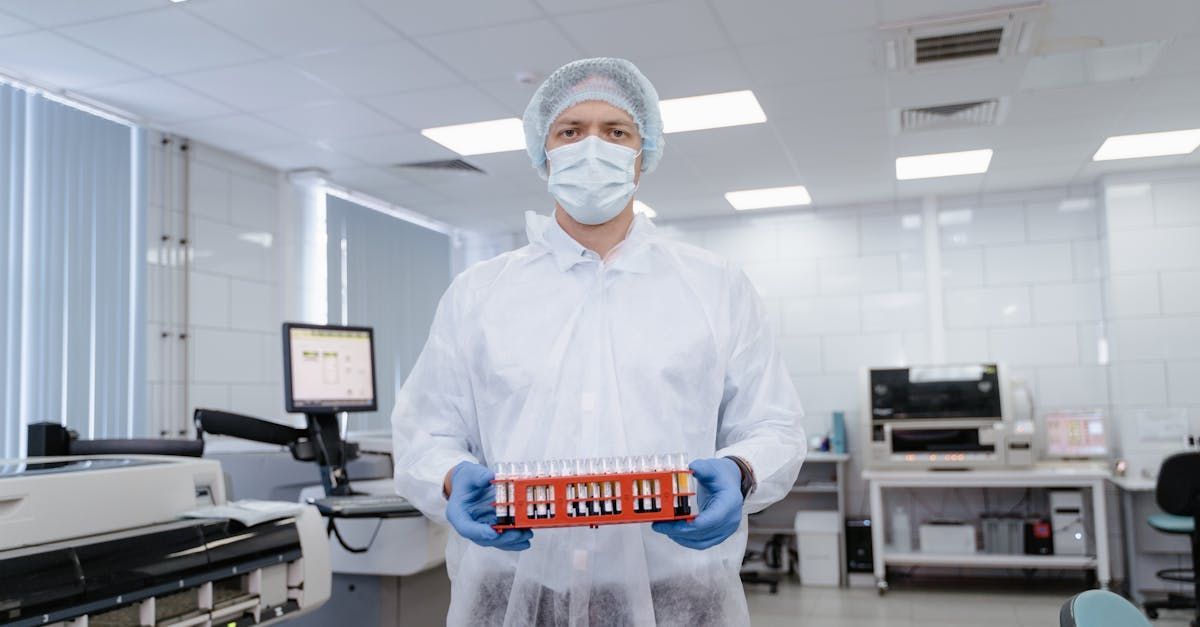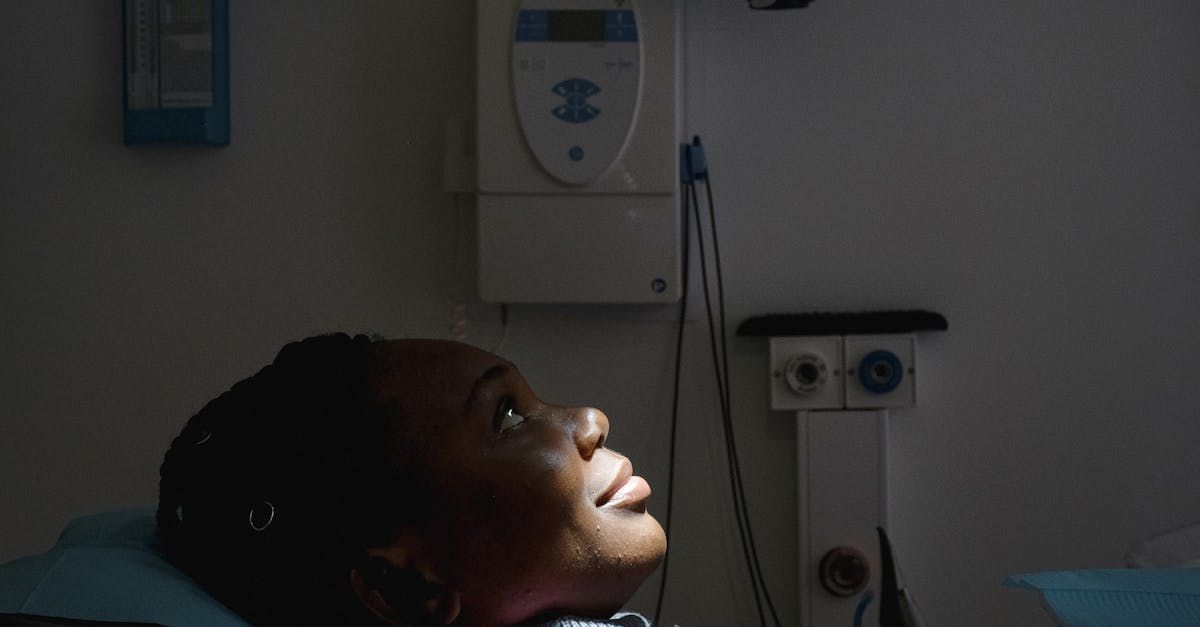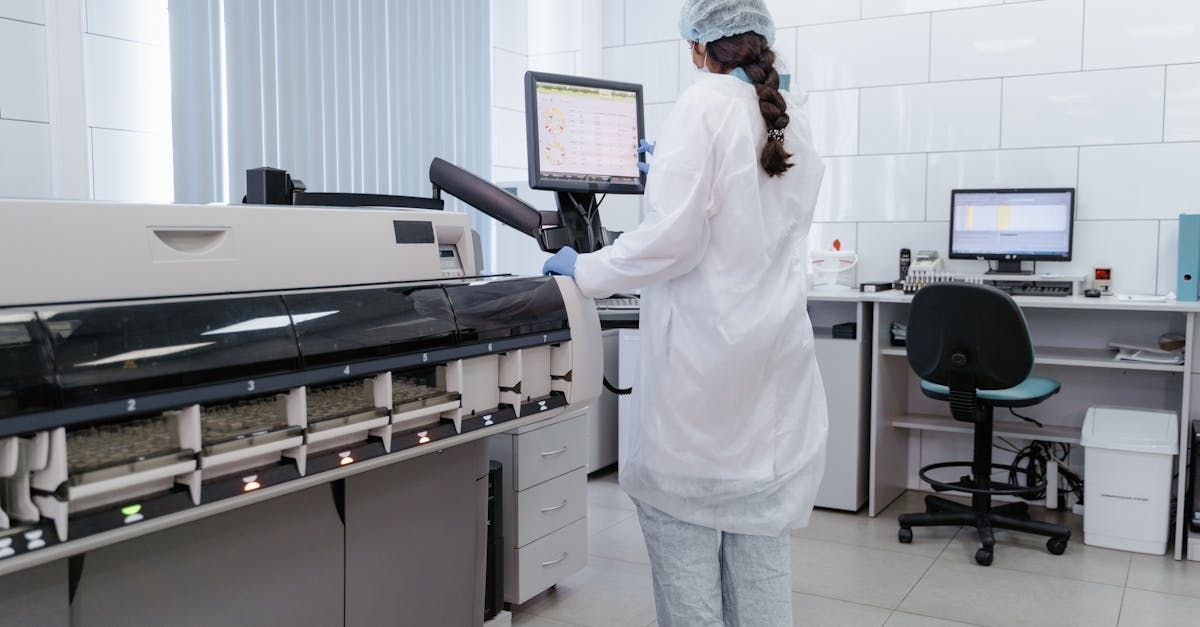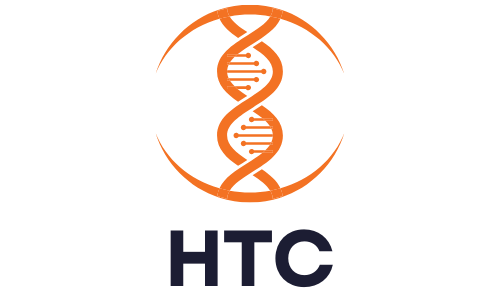How Notable Labs is Revolutionizing Cancer Treatment
Notable Labs’ innovative approach to combination therapy holds immense promise for significantly improving cancer treatment outcomes, offering a beacon of hope despite current commercial limitations.
Explanation of Combination Therapy
Combination therapy is a cancer treatment that combines two or more drugs or different types of therapy, such as immunotherapy, chemotherapy, and radiotherapy. The goal of combination therapy is to:
- Decrease the likelihood of resistant cancer cells developing
- Allow each drug to be used at its optimal dose without intolerable side effects.
According to the National Cancer Institute, combination therapy combines more than one method of treatment. It is also called multimodality therapy. A combination of two to three drugs to treat a disease, also known as drug combination therapy, has been broadly used in clinical practice.
The November 9, 2022 issue of ASCO’s Journal of Clinical Oncology Precision Oncology (ICO PO) featured a study that highlights Notable Labs’ Predictive Precision Medicine Platform (PPMP) as a tool for identifying the most promising drug combinations for patients with high unmet medical needs, including juvenile myelomonocytic leukemia (JMML).
JMML is a rare, aggressive pediatric malignancy for which curative treatment is restricted to hematopoietic stem cell transplant. Pre-HSCT therapies, i.e., therapies before transplant, include moderately intensive chemotherapy (particularly fludarabine and cytarabine) in combination (FLA) and azacytidine (AZA) monotherapy. Unfortunately, in many cases, neither FLA nor AZA effectively eliminates the malignant cells, and patients proceed to transplant with active disease.
Technical background
Applying its proprietary PPMP technology to blood or bone marrow samples from JMML patients, Notable screened 130 drug combinations and discovered that 27 were more effective in vivo than the components of these combinations tested individually. Of particular interest, investigators found that tretinoin (all-trans retinoic acid), a drug used as a standard-of-care agent in acute promyelocytic leukemia (ACL), specifically enhanced the ex vivo effects of FLA and AZA.
In addition to lowering the number of cells surviving FLA or AZA treatment, tretinoin, interestingly, also induced the cell surface expression of CD38, suggesting a potential rationale for the use of CD38-targeting agents to enhance the envisioned treatment effect further. By identifying a superior combination effect with tretinoin, this research study identified potentially more effective pre-HCST regimens than those currently used in JMML.
Here is a Syros report of combination therapy working to treat acute promyelocytic leukemia (APL).
SY-1425 (tamibarotene) is an oral, potent and selective synthetic RARα agonist previously approved for the treatment of relapsed/refractory acute promyelocytic leukemia (APL) in Japan. Given preclinical evidence of SY-1425 sensitive AML cell lines and patient samples with RARA pathway activation defined by elevated RARA or IRF8, SY-1425 is being investigated in a Phase 2 study of biomarker-selected non-APL AML and MDS patients.
DHRS3 is a direct RARα target gene with rapid and robust mRNA upregulation in both AML blasts and PBMCs in response to SY-1425. Here is a first report of SY-1425 plasma levels with DHRS3 based evidence of RARα target engagement from AML and MDS patients enrolled in the Phase 2 study (NCT02807558).
Methods: Patients positive for RARA pathway biomarkers (RARA, IRF8, or both) initiated continuous treatment with SY-1425 at 6 mg/m2/day in divided doses. Sparse PK was collected twice on day 1 and twice on day 15. PD was sampled before the first dose and at 5-8 hours post dose on day 1 and once on day 15. DHRS3 expression was assessed by qPCR in PBMCs.
Results: PK data in 16 patients showed SY-1425 plasma levels were consistent with those observed in Japanese APL patients based on day 1 Cmax and day 15 steady state exposure. In 19 PD evaluable patients, upregulation of DHRS3 at 5-8 hours had a greater than 2-fold increase in 84% (16/19). Induction was consistent for AML and MDS, including patients positive for RARA, IRF8, or both biomarkers. DHRS3 expression remained elevated after 15 days of continuous treatment in evaluable patients. Using a parallel exploratory ex vivo flow cytometry assay from screening samples, SY-1425 induced differentiation and blast reduction that was correlated with biomarker status.
Conclusion: In a biomarker-selected AML and MDS patients with evidence of RARA pathway activation, SY-1425 agonism of RARα causes strong transcriptional upregulation of DHRS3 target gene, consistent with SY-1425 induced differentiation through myeloid gene activation. The dosing regimen of SY-1425 achieves plasma exposures sufficient to elicit a PD response with direct evidence of RARα target engagement.
ESMO Madrid 2017 • AML and MDS patients treated in Study SY-1425-201 achieved anticipated SY-1425 drug exposures based on this initial PK evaluation, consistent with those reported in prior Japanese clinical studies.
Market challenges
According to NCBI, the economic environment for the commercial development of combination therapies faces significant challenges. The pricing of its components, sourced from different manufacturers, can be cost-prohibitive, with pricing risks varying across markets and combinations.
Several new treatments are often introduced in a short space of time, and frequently, these are combined into a single treatment regimen. The result is expensive treatments, leading to significant affordability challenges for many payers.
Many markets are increasingly incorporating elements of cost-effectiveness into their health technology assessment (HTA) processes. As for patient access, in many health systems, patient access to effective novel combination therapies for cancer is restricted or denied.
Broader applications
Combination drugs or combination therapy, sometimes called polytherapy, is a broad term for using multiple medications or treatments to fight the same condition. While it typically denotes the use of two or more drugs, it can also include immunotherapy, nonmedical therapies, psychological therapy, and other means of treatment.
The practice may be familiar, but there has been a significant increase in approved and researched combination therapies over the past decade. The magic bullet model has limited viability, and combination therapy is now the norm in the treatment of many cancers, viral infections such as HIV, and tuberculosis. It holds promise in treating lung and breast cancer in the future. Overall, current data support that combination therapy with two or more drugs appears to be more effective than monotherapy to combat the multidrug resistance problem.
As
Translational Medicine reported, combination therapy now has broad applications.
From an historical point of view, combination therapy was the basis for the care of important diseases like infectious diseases or cancer. Today the "cocktail drug" of the Highly Active Anti Retroviral Therapy (HAART) has reduced the death for HIV infection changing the outcome of such disease. Moreover, the combination of different strategies changed the course of transplants (both in hematology and surgical transplant). Different diseases with high social impact including cardiovascular, metabolic (obesity, hypercholesterolemia and diabetes) and autoimmune diseases, have better results with combinations of different drug classes of drugs. Cancer should be the next challenge for combination strategies, after recent successes in the immunotherapy field (Sepuleucel-T, ipilimumab) and the new promising small molecule therapies.
Notable Labs’ pipeline is now working to identify effective drug combinations. Its Predictive Precision Medicine Platform (PPMP) measures functional cell responses to treatment on a patient’s cancer sample and has 97% predictive precision across four clinical validation trials.
Founding Story of Notable Labs and its CEO
Since February 2021, Dr. Thomas Bock has been serving as the CEO of Notable, leveraging its Predictive Precision Medicine Platform (PPMP) to create and fast-track a game-changing and novel class of cancer precision medicines, profoundly improving patient outcomes and the success, speed and cost of drug development.
In February 2023 Notable Labs merged with VBL Therapeutics (Nasdaq: VBLT), a biotechnology company developing targeted medicines for immune-inflammatory diseases.
The combined company will focus on advancing Notable’s proprietary Predictive Precision Medicines Platform (“PPMP”) and therapeutic pipeline focused on cancer patients with high unmet medical needs.
Dr. Bock is a recognized life science leader who built four entrepreneurial organizations that significantly impacted both patients and investors and achieved leadership in their fields.
He successfully spearheaded new paradigms and fast-growing markets, including cancer precision medicine, inherited cancer prevention, and ultra-rare diseases.
Before founding Notable Labs, Dr. Bock founded and served as CEO of HeritX Inc., a pioneer in inherited cancer prevention through pre-cancer vaccines, immunoprevention, and gene repair, creating the largest prevention pipeline in the industry. Previously, he served on the executive management team of Alexion, building a start-up into a global leader in rare disorders.
Dr. Bock started his career as a practicing physician and medical researcher in cell and gene therapies at the Universities of Freiburg and Tübingen in Germany and subsequently as a Fogarty Fellow at the National Human Genome Research Institute of the U.S. National Institutes of Health. He earned his M.D. degree at RWTH Aachen University and his M.B.A. at Columbia Business School.
Board of Directors
Each of Notable Labs’ board members brings a wealth of experience in biotech research.
- Michael Rice is a founding partner of LifeSci Advisors LLC, an investor relations consultancy, since 2010 and LifeSci Capital LLC, a research-driven investment bank, since 2013. Previously, Mr. Rice was the co-head of Healthcare Investment Banking at Canaccord Adams, where he was involved in debt and equity financing.
- Michele Galen has held executive positions in biotech and communications at Shire Pharmaceuticals and Novartis.
- Peter Feinberg has been a founder of Sporos Bioventures, Inc., a private biotechnology company focused on transforming the drug development process across oncology. He has also served as Partner and Founding Member of Boxcar Partners and Boxcar PMJ LP, a venture capital investment firm with a focus on biotechnology investing, and is the co-founder of BridgeBio Pharma, Inc. (Nasdaq: BBIO), a publicly traded biotechnology company focusing on genetic diseases.
- Thomas I.H. Dubin is a pharmaceutical executive and attorney. During the last five years, Mr. Dubin has served as an advisor and board member to various biopharma and other companies. He also served as the Chief Legal Officer and member of the core executive team that grew Alexion Pharmaceuticals (“Alexion”) from the development stage to membership in the S&P 500.
- Thomas Graney has extensive global finance experience that spans corporate development, commercial strategy, portfolio and supply chain management, communication, and investor relations. He has served as CEO of Oxurion and was previously CFO of Vertex Pharmaceuticals. He also spent over 20 years working with Johnson & Johnson and its affiliates.
- Tuomo Patsi Mr. Pätsi has over 30 years of experience in the biotech and pharmaceutical industries. He served as the Executive Vice President of Seagen Inc. (Nasdaq: SGEN), a US-based cancer-focused biotechnology company. Earlier, he served in various capacities at Celgene Corp., later acquired by Bristol-Myers Squibb Company (NYSE: BMY). His department was engaged primarily in the development, and commercialization of therapies for the treatment of cancer. He has also worked for Amgen in Europe and the U.S.
- Notable Labs’ CEO, Dr. Thomas Bock, is also a company board member.
Conclusion
With the deep bench strength of its executive team and board of directors, Notable Labs is well-equipped to propel the right drugs to the suitable patients in the worldwide battle against cancer.
As a clinical-stage oncology company with a novel approach to drug development, Notable Labs can reach its goal of exceeding standard of care for urgent-need patients. The company aims to deliver better and more predictable outcomes for patients, and is taking advantage of years of drug development.
Genomics-based precision medicines are limited and patients urgently need an approach beyond just genetic mutations. Notable Labs’ Predictive Precision Medicine Platform (PPMP) merges biology and advanced technology. It has proved that all platform-predicted patients clinically responded to their actual treatment.
Notable Labs is poised to become a leader in the fight against cancer and has the right team to lead innovative and successful approaches in the future.
About the Author
Kathleen Mackay is a journalist, author and consultant. She is the author or co-author of five books. Her work has appeared in Time, People, The Los Angeles Times, The Washington Post, and many other publications. She has consulted to many nonprofits, including PBS stations, Paul Newman’s camp for ill children, and many others. She is a graduate of Harvard University.
Disclaimer
The content of these blogs reflects the research and opinions of the individual authors and does not necessarily represent the views or positions of Notable Labs or its affiliates. The information provided is for educational and informational purposes only and should not be construed as medical, legal, or financial advice.
Notable Labs makes no representations as to the accuracy, completeness, or validity of any information in these blogs and will not be liable for any errors, omissions, or any losses, injuries, or damages arising from their use.
These blogs may reference third-party research, studies, or resources. Notable Labs does not endorse or assume responsibility for the content or practices of these third parties. Any reliance on the information provided is at the reader's own risk.
For biotechnology and pharmaceutical content, note that ongoing research and clinical trials may change the context and results discussed.
Always refer to the latest research and guidelines from reputable sources.










